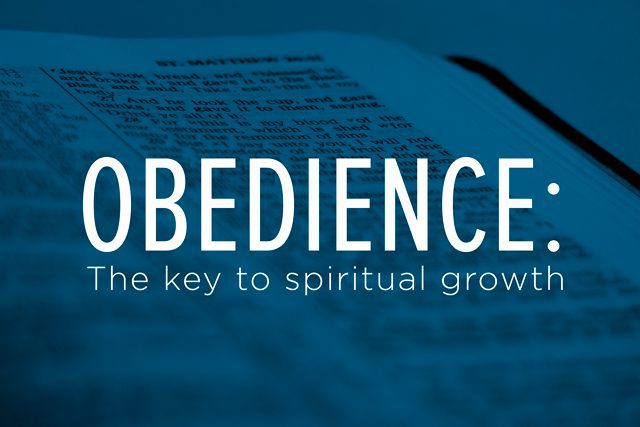By Glen Doss, Major –
“To hold to a doctrine or an opinion with the intellect alone is not to believe it. A man’s real belief is that which he lives by.”
This observation by 19th century Scottish preacher George MacDonald reflects not only a powerful spiritual principle, but also common sense.
Obedience—the mind directing action—shows responsiveness, but there is also feedback. The behavior operates forcefully upon the psyche. For obedience not only defines our faith; it precedes it. The whole secret of spiritual progress is doing the will of God as we know it and going on from there. This includes the starting point of our spiritual life. Jesus replied, “If anyone loves me, he will obey my teaching. My Father will love him, and we will come to him and make our home with him” (John 14:23 NIV).
If we do what Jesus tells us, his light will dawn in our hearts. As we follow his directions, he will be there to guide and empower us. There is no other way of progress in the spiritual life. This is the path of recovery for all of us upon the face of the earth, for spiritual growth is synonymous with recovery. We all, if we’re honest with ourselves, will admit that at one time or another some kind of unwholesome lifestyle invaded the recesses of our being. All of us who are growing spiritually today are on this path of recovery.
A working definition I have heard from organizations such as the Substance Abuse and Mental Health Services Association goes something like this: Recovery is a process of change through which individuals improve their health and wellness, lead a self-directed life and strive to reach their full potential.
As a minister, in fact as a Christian, this meaning has long rang hollow with me. For it is the God-directed life, not the self-directed one, that we need. Our lifelong habitual response to circumstances has always been to seize control over our own lives, and it is this that has been our downfall. In recovery, we seek to give that control over to God. I have coined a definition of my own which I teach today: Recovery is the process of learning, through practical experience, to rely in this present moment upon God rather than ourselves, progressing from unhealthy to healthier thinking.
Unless we rely on God we don’t belong to him and remain subject to the whims and beckoning of our own selfish desires. Obedience comes when, as a conscious act, we lay aside the appetite and inclinations of our self and instead rely on God to help us subdue our own will. We have a notion that God has some grand plan for us months or even years down the line. Oswald Chambers reminds us that God’s ultimate purpose for us will always be the same: to rely on him in this present moment. If we do this, then everything else will fall into place. He will empower us as we trust our whole self to him the way a lame man leans on a cane or an immobile man relies on a wheel chair.
Jesus put it this way: If anyone chooses to do God’s will, he will find out whether my teaching comes from God or whether I speak on my own (John 7:17). To do the will of the master is the one object for which the Gospel was preached. Only in doing what I know to be true, will love grow, will truth grow. Only by actually relying on God—obeying him again and again—can we ever come to know him.
It was Chuck C. of Alcoholics Anonymous who observed in his remarkable book A New Pair of Glasses: “You can live yourself into right thinking, but you cannot think yourself into right living.” As we obey, the scales fall from our eyes and we see the truth. Jesus said, “If you hold to my teaching, you are really my disciples. Then you will know the truth, and the truth will set you free” (John 8:31-32).
There is but one plan of salvation: believe in the Lord Jesus Christ. And that belief is no mere mental acknowledgement about him, but involves nothing more, nothing less than to take him for what he is—our master—and to take his words as if he meant them.











